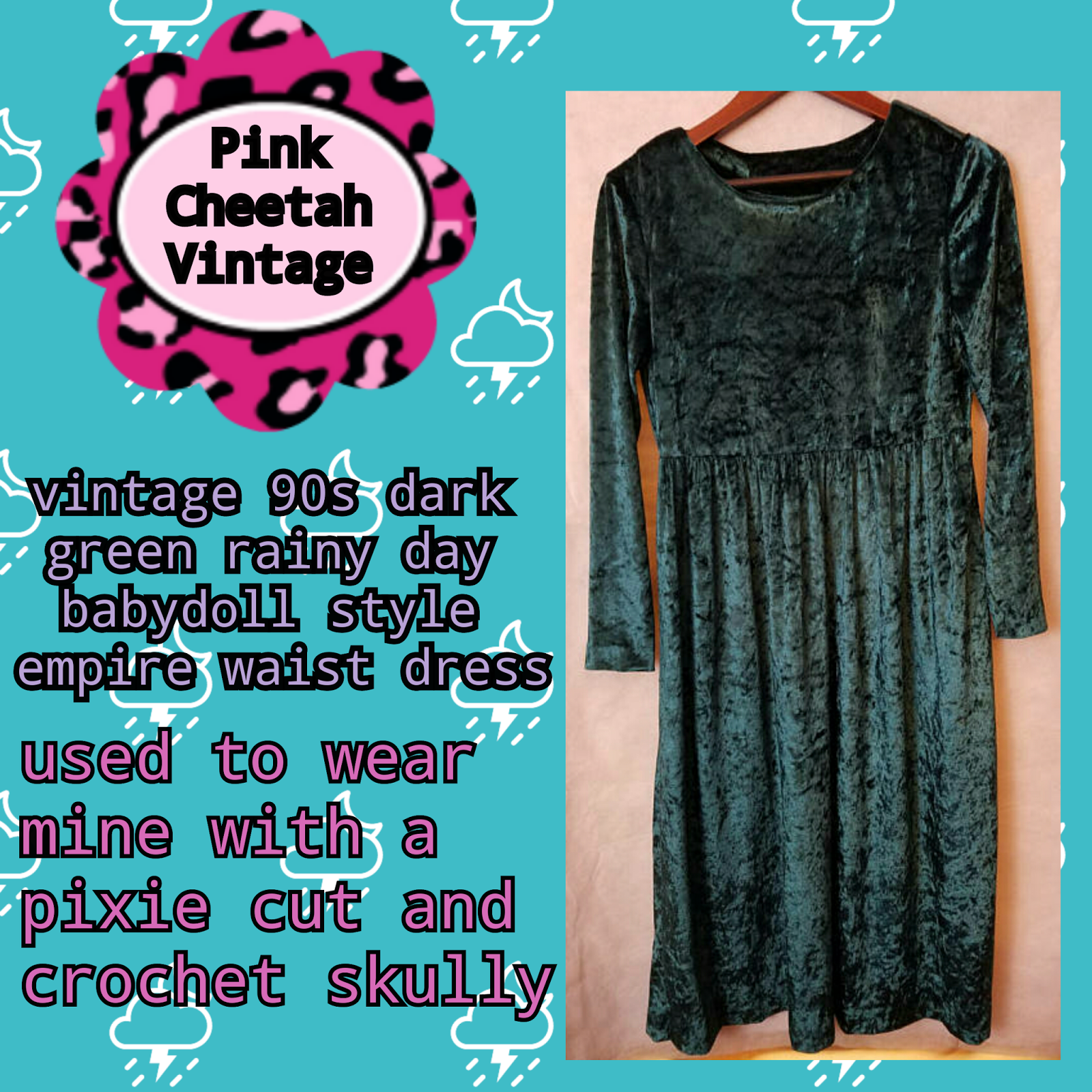

- Snap nezgogetit dropbox porn movie#
- Snap nezgogetit dropbox porn software#
- Snap nezgogetit dropbox porn professional#
Snap nezgogetit dropbox porn professional#
Snap nezgogetit dropbox porn movie#
If you try to share a pirated movie using Dropbox, you may receive a DMCA takedown notice. Oddly enough, Dropbox has already admitted to using a hashing system to detect illegal content in its users files, but not for child porn - for detecting copyrighted files. Perhaps the company is worried about blowback from people who had the same questions as me about what else Dropbox was actively looking around for within its customers’ accounts, or it’s simply worried about negative press from being associated with the storage of child porn. I don’t know why Dropbox is so reticent to acknowledge that it either uses PhotoDNA or a similar service. In 2014, the NCMEC received 1.1 million reports, but as more companies have started using PhotoDNA (Microsoft released a cloud version this year) the number has drastically shot up - Shehan told me that they have received 2.7 million reports so far this year. This technology is extremely useful for catching people sharing child porn. It’s not a secret that companies like Facebook scan every single one of the photos uploaded to its servers against the PhotoDNA database to minimise the chances of exploitation imagery slipping through. Even smaller services like Flipboard and Kik publicly use it. Many companies aren’t shy about using PhotoDNA - Facebook is a major client, as well as Google and Twitter. From there, arrests like that of the US reservist/pedophile are made. But the NCMEC isn’t a law enforcement agency - it acts as a clearinghouse for these reports, sending them on to the appropriate local or federal law enforcement agencies so they can investigate. If they get a hit, they review and remove the photos, and report the user to the NCMEC.īy law, companies using PhotoDNA are required to make a report if they find a match. False positives are extremely rare, only “one in ten billion,” according to Shehan.Ĭompanies that use PhotoDNA scan all of the images uploaded to their services against this database of numerical values. It’s a system for hunting the world’s most taboo, upsetting, and obscene images with freakish accuracy. So every time someone uploads a photo, it gets compared against every single image of exploitation in the database.
Snap nezgogetit dropbox porn software#
The PhotoDNA software takes each image in the database and divides it into a grid, giving each portion of the grid a computational value, in a process called “hashing.” It does the same thing for every single photo that gets uploaded to the services that use it, assigning numerical values to each portion of a photo, as well as a unique identifier for the entire photo. The company can look for way more than just vile child exploitation images - it can search for hate speech, any illegal porn, and anything that infringes on someone else’s privacy. Looking at its Terms of Service, Dropbox states that it can search through your files to see if they comply with its ToS and Acceptable Use Policy.

The Dropbox detail struck me as strange not because there’s something objectionable about companies trying to stop pedophiles exploiting children (I’m not a complete crazy arsehole), but because I wondered what else Dropbox could proactively search my files for: Could it look for pirated movies? Could it look for evidence of drug dealing, illegal sex work, illegal gambling? Short answer: Yep! The why of turning in people who share and hoard abusive images that exploit children is obvious, but I started wondering about how the company sniffed out the abusive images. Here’s what makes his story different from dozens of others: He’d been turned in by Dropbox.ĭropbox has a habit of turning in pedophiles, as it turns out. Recently a US Army reservist was arrested for sharing child pornography.


 0 kommentar(er)
0 kommentar(er)
